
“When I was a boy I had a fleeting glimpse
Out of the corner of my eye”
— Pink Floyd, Comfortably Numb
The inscape of our world is always with us, omnipresent; a third that walks beside us. We are the ones who shut it out, who lose the thread when tangled in the web of daily events, who forever forget that we can always remember.
To live always in the light, in the presence of the now, is something that is perhaps only possible for saints, as it is, for brief moments, available to poets. The power and luminosity rising out of the base ground of being can easily overwhelm our reduced senses; can strike us dumb, leave us numb.
20 And he said, Thou canst not see my face: for there shall no man see me, and live. Exodus 33
At the same time this state of being is the state that we seek in our blind tapping towards God, thirsting for the merest sip of it, listening for the smallest hint of it, when we are in prayer or meditation, or satisfied at last to just sit silently with ourselves.
 At times we despair and turn our back on it, the pearl of great price we shall never possess, never grasp in this life. But the hints persist and proliferate always in the natural world about us. They haunt us in the shadows of our soul. To have tasted the smallest crumb initiates a hunger never slaked by the senses alone. Once seen, even in the briefest glimpse, the sight is never forgotten. But if we drop our shields just a bit, we can see glimmer of that greater light almost at will.
At times we despair and turn our back on it, the pearl of great price we shall never possess, never grasp in this life. But the hints persist and proliferate always in the natural world about us. They haunt us in the shadows of our soul. To have tasted the smallest crumb initiates a hunger never slaked by the senses alone. Once seen, even in the briefest glimpse, the sight is never forgotten. But if we drop our shields just a bit, we can see glimmer of that greater light almost at will.
Here’s one technique for reaffirming the basic evidence of wonder in our world; that the world is made of a perceptible mystery beyond our means of measuring, but not beyond all sight unless we will ourselves blind.
 Take a camera and a picture frame or mat (any frame of any size will do) and walk out into the world to any area given over without recent interference to nature. This can be a field, a forest, the seashore, a desert, a bramble, or a mountainside. Any area like this will do. It can even be a backyard let run to seed, as is the case here. The strict locale does not matter. What does matter is that it be a place where the hand of man has not of late intruded; some place that for some time has been left to its own devices and the work of weather, water, and wind.
Take a camera and a picture frame or mat (any frame of any size will do) and walk out into the world to any area given over without recent interference to nature. This can be a field, a forest, the seashore, a desert, a bramble, or a mountainside. Any area like this will do. It can even be a backyard let run to seed, as is the case here. The strict locale does not matter. What does matter is that it be a place where the hand of man has not of late intruded; some place that for some time has been left to its own devices and the work of weather, water, and wind.
Turning your back to the landscape, take the frame or mat and toss it over your shoulder in any direction and with any force you like. You can even shut your eyes and then whirl around like a dervish and flip the frame into the air. Toss as random as you like. You can even turn and toss with intention as in a game of quoits. Your intention matters little.
 Now take your camera and photograph whatever is in the frame, letting the frame in your lens take in the frame on the earth or in the tree or bush or wherever the frame has come to rest.
Now take your camera and photograph whatever is in the frame, letting the frame in your lens take in the frame on the earth or in the tree or bush or wherever the frame has come to rest.
Repeat ten, twenty, thirty or however many times seems right to you. Then pick up the frame and go home.
Develop or image the pictures you’ve got and look at them. If you didn’t notice it when you were taking them you will notice that, however difficult it may be for you to compose a photograph, whatever appears inside the frame you tossed blind and at random into nature seems very well composed indeed.
 Now there are, of course, a number of rational explanations for why this should be so. There are the proportions of the frame. There is the structure of the mind itself and the training it undergoes, consciously and subconsciously, through the unremitting exposure to images of art and commerce on a daily basis. And there is of course the mathematical explanation devolving from the realms of fractals, chaos theory, and Fibonacci numbers – the realm of the golden mean and inscaping spirals burrowing deep into the substrate of creation itself.
Now there are, of course, a number of rational explanations for why this should be so. There are the proportions of the frame. There is the structure of the mind itself and the training it undergoes, consciously and subconsciously, through the unremitting exposure to images of art and commerce on a daily basis. And there is of course the mathematical explanation devolving from the realms of fractals, chaos theory, and Fibonacci numbers – the realm of the golden mean and inscaping spirals burrowing deep into the substrate of creation itself.
But at the same time, if you look long enough and close enough with a mind that can stay quiet enough, you might also come to the understanding that in this exercise you can catch, if you do not come to close, a fleeting glimpse of the oversoul, that visage which our minds and mathematics cannot freeze.
And for all this, nature is never spent;_
There lives the dearest freshness deep down things;_
And though the last lights off the black West went_
Oh, morning, at the brown brink eastward, springs—_
Because the Holy Ghost over the bent_
World broods with warm breast and with ah! bright wings.
–God’s Grandeur – Gerard Manley Hopkins (1844–89)




![That Was the Whopper Weekend That Was [Illustrated] welcometohell](https://americandigest.org/wp/wp-content/uploads/2021/05/welcometohell-150x150.jpg)


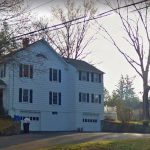
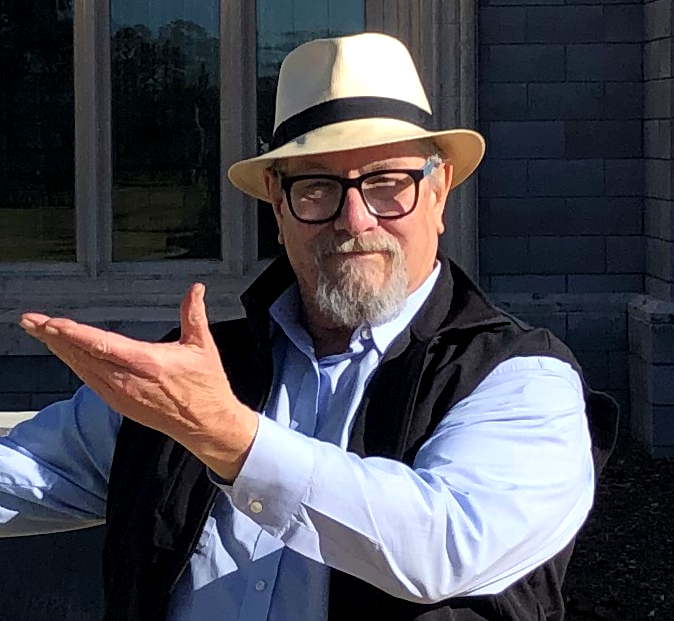 Gerard Van der Leun
Gerard Van der Leun



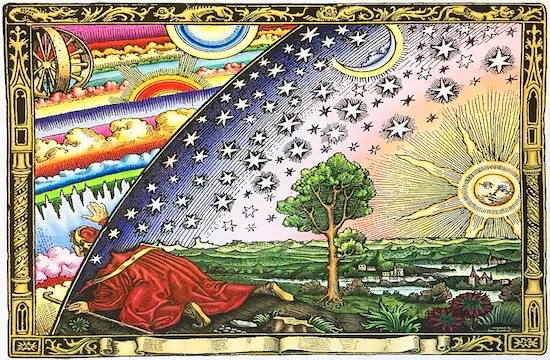

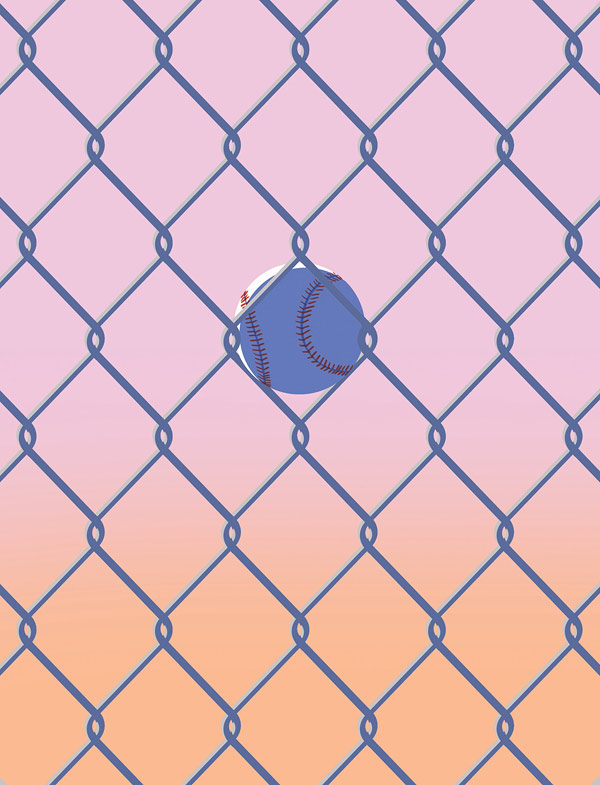
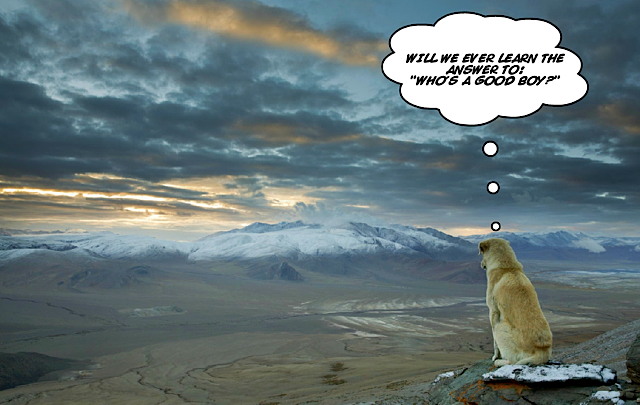





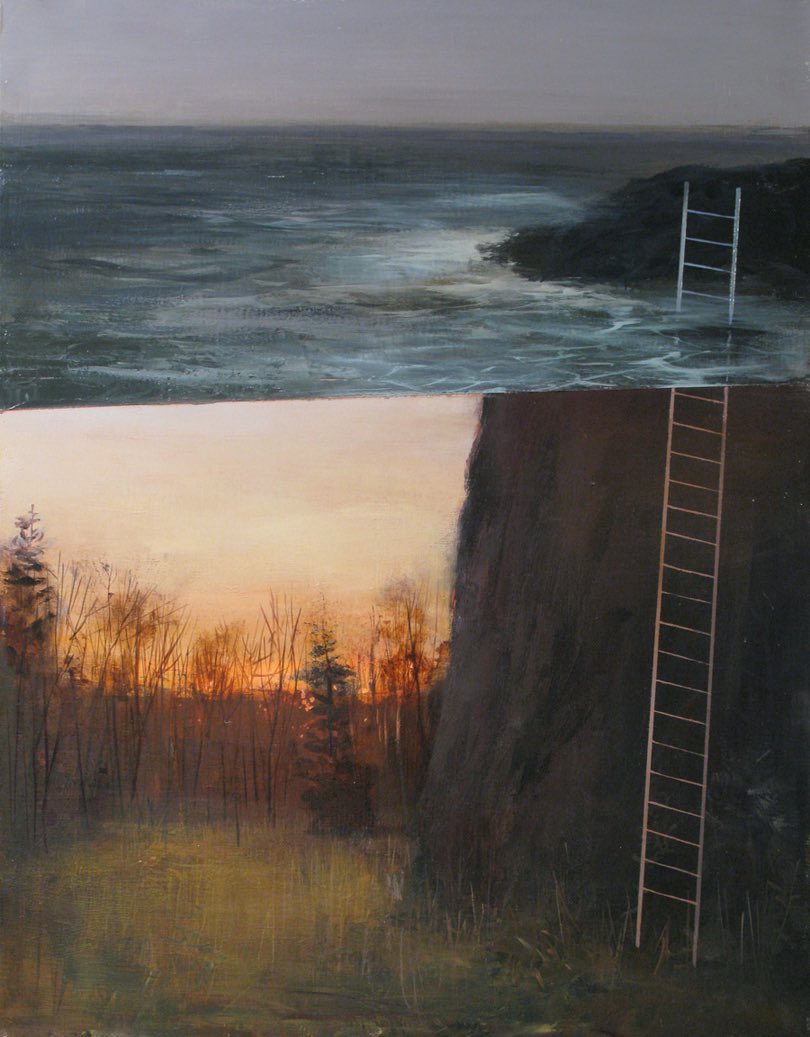


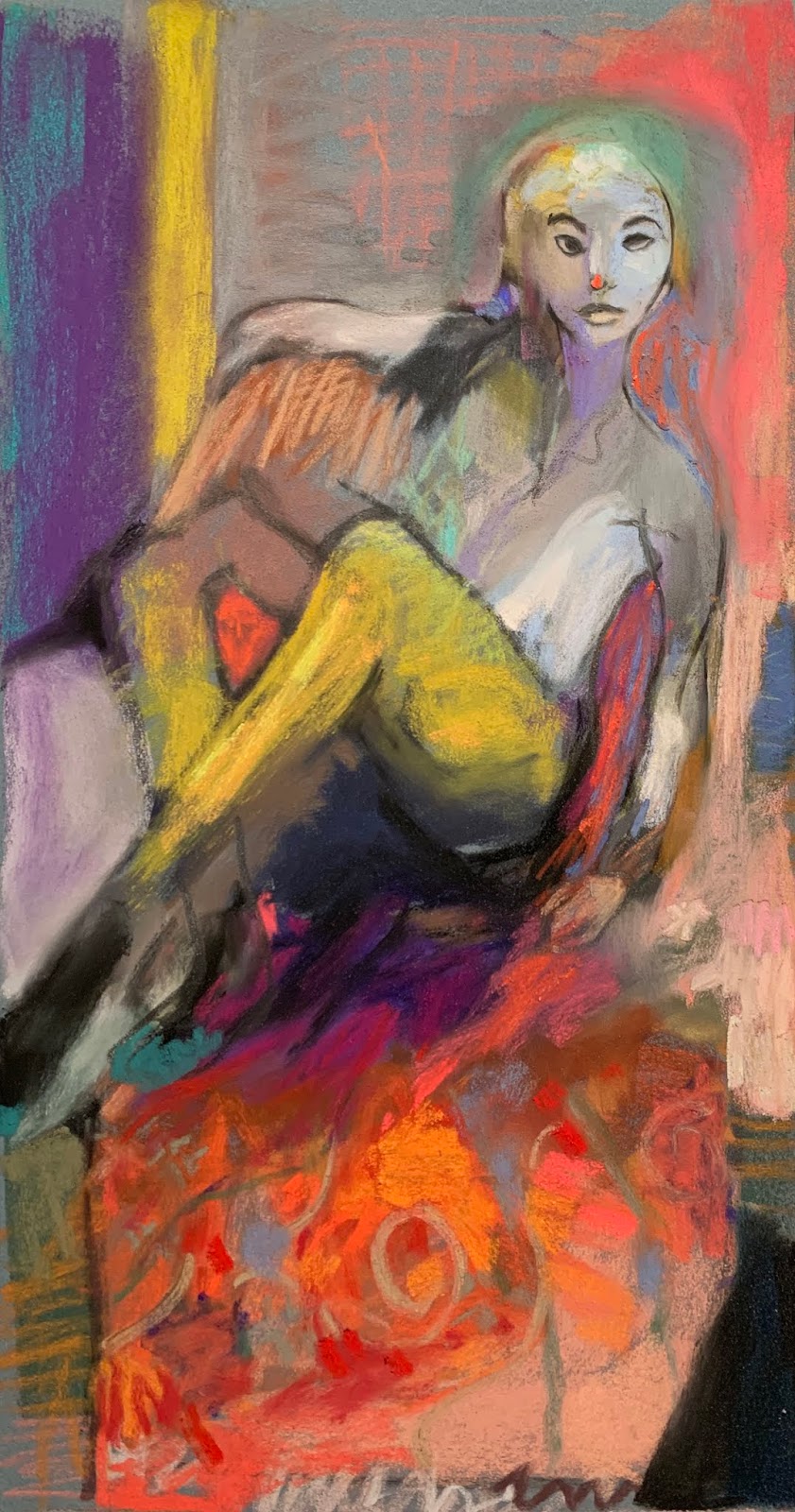
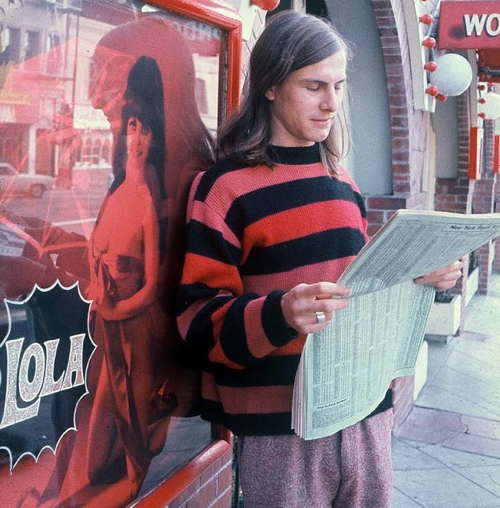
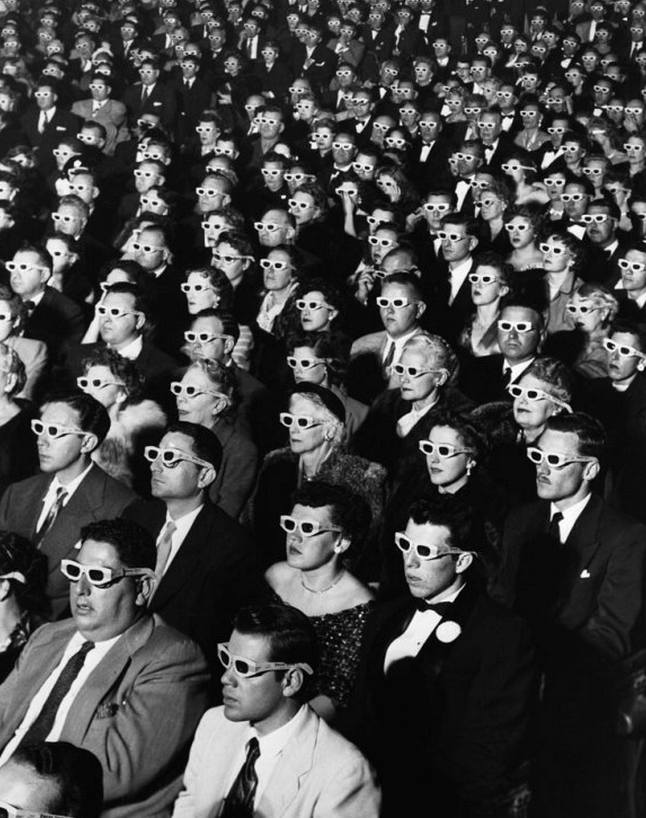
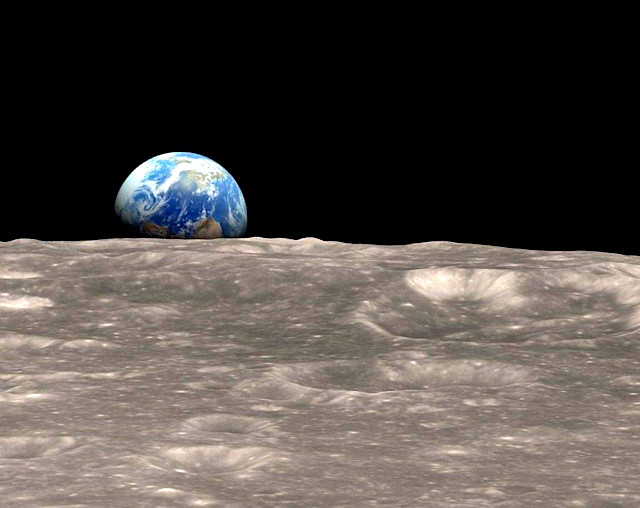


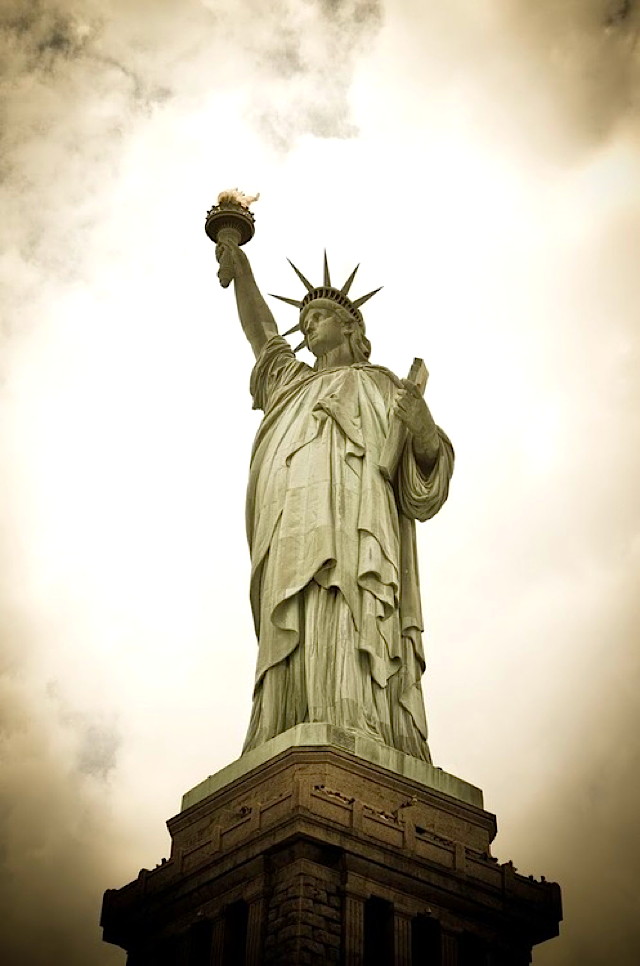
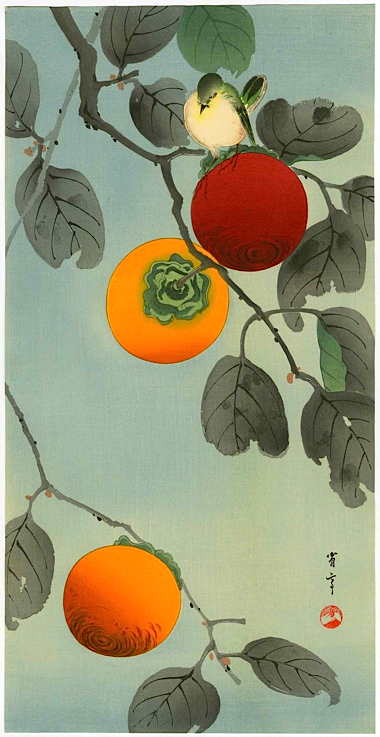

Comments on this entry are closed.
Gerard, you strike again! Excellent post. Have I seen this years ago? I think the blue frame has been posted before, but certainly no matter. You have a way of pulling these diverse cultural dots from the reaches of your rambles, then stringing them together to make an entirely new picture, a relevant “so what.” You post reminds me of what He has said about Himself: “But, beloved, be not ignorant of this one thing, that one day is with the Lord as a thousand years, and a thousand years as one day.”
Thank you so much for your kind words.
God has 2 books/ the Holy Bible and the Book of Nature
abd the only place you find Him is in the present
Keep in mind that the frame proportion was designed by a Brit engineer, and is decidedly not the Golden mean. Because of this, the standard frame is “imperfect.” You correctly note the substrate of nature’s numbers, and the remarkable beauty of 1:1.6, etc.
Another time when you have somehow framed my take on life. Bravo! But how you do it remains a mystery to me.
A memory: In the 60s our Jesuit Latin teacher, having returned from Rome and recovered from a nervous breakdown, introduces us to a large part of his recovery and healing, The Sacrament of the Present Moment by Jean-Pierre de Caussade, S.J. Your reflection and de Caussade’s classic echo each other wonderfully.